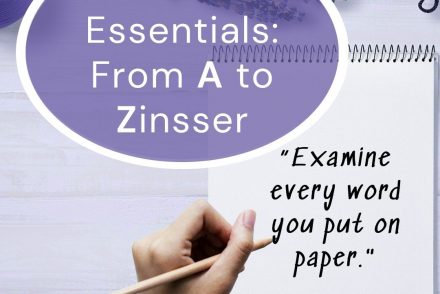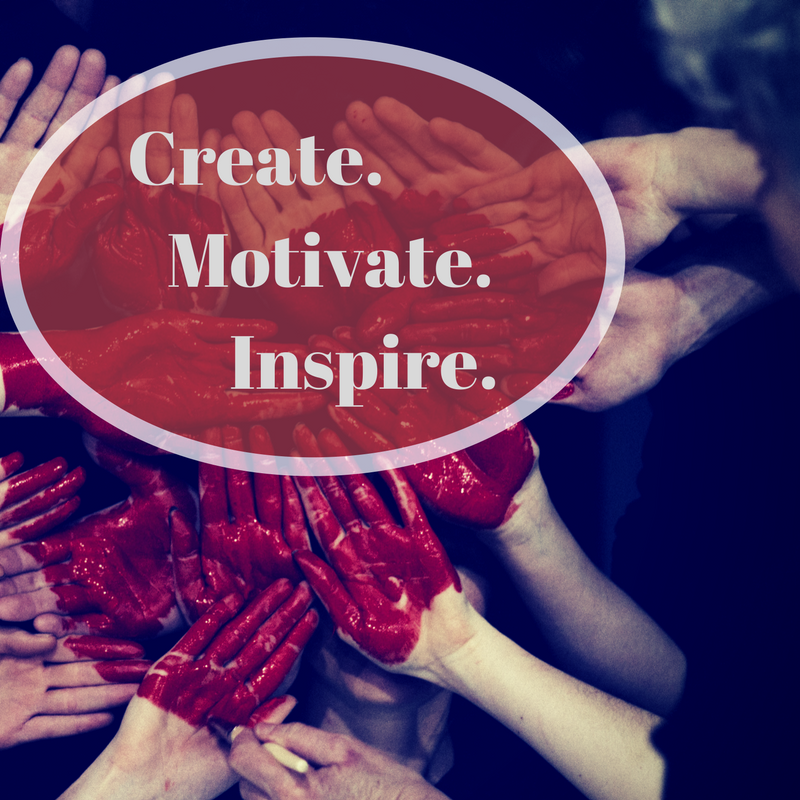
Stay in the FIght
Like most people, I was saddened to hear the news about the passing of Christian recording artist Mandisa. She…
April 30, 2024
Like most people, I was saddened to hear the news about the passing of Christian recording artist Mandisa. She…
April 30, 2024
When I first started writing, I assumed publishing occurred as writers often presented in Hollywood films. Authors complete a…
June 16, 2023
“Rewriting is the essence of writing well; it’s where the game is won or lost. That idea is hard…
January 21, 2022
Read the first half of the story here to learn how hopes were raised and then dashed. In the…
October 14, 2021
Four and a half years ago, I was approached by the Director of Development for Gil Netter, who won…
October 13, 2021
“Each of us have moments when we are swept away by an inner sense of excitement about something we…
September 13, 2021
“The only way to learn to write is to force yourself to produce a certain number of words on…
August 21, 2021
So, it’s Christmas and we’re all still dealing with Covid. Who would have imagined a year ago when we…
December 22, 2020
I hadn’t been careful enough, and the creature had my scent. Fight or flight, but there’s nowhere to run.…
October 7, 2020
Expect rejection, and don’t take it personally. Just keep writing. God is in control. This is my mantra. Most…
September 11, 2020
We’re all struggling in this craziness, but one thing is sure, we are writers! We push on and don’t…
August 25, 2020
“So we rebuilt the wall… for the people worked with all their heart.” Nehemiah 4:6 (NIV) Nehemiah was a…
August 3, 2020
It took 11 months after my accident before I was finally released from doctors’ care. That season was more…
July 29, 2020
There will be days when writing is hard. When your eyes burn and your back hurts. You will scrape…
June 27, 2020
“Every pot…will be holy to the Lord Almighty.” Zechariah 14:21 (NIV) The book of Zechariah speaks to a nation…
December 3, 2019
I was ministered to by a bathroom cup a while back. One day I was getting ready for work…
August 6, 2019
The waiting game for writers can seem endless. You edit then edit some more, then recheck submission requirements. You…
July 11, 2019
In the interest of keeping things real here, I need to tell you how much I have been struggling…
February 16, 2019
There is a television show this season called Titans. It is one of those shows that challenges the strength…
February 14, 2019
“Will you please teach me a new slang expression and what it means every day?” Little did I know…
June 10, 2018
This is the year—the year we finish the manuscript and click send. The year we commit to being…
January 27, 2018
I quit writing about four times a year. Especially, when I look at the ages of my children, at…
November 28, 2017
He snapped and got into real dark moods a lot, but at least he stayed. She had been irresistibly…
June 24, 2016